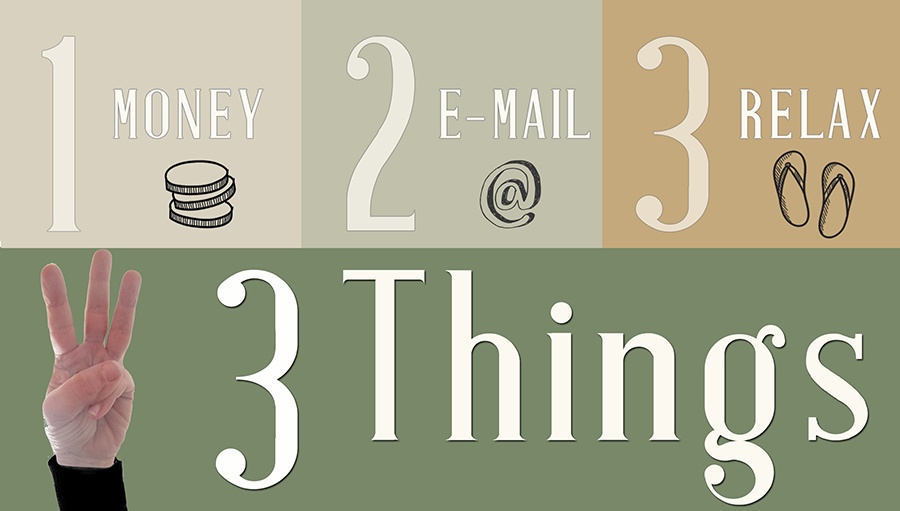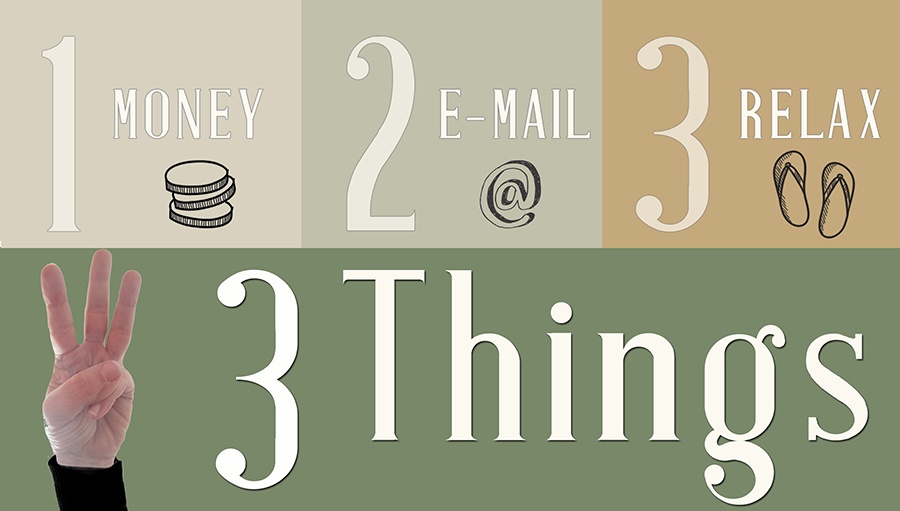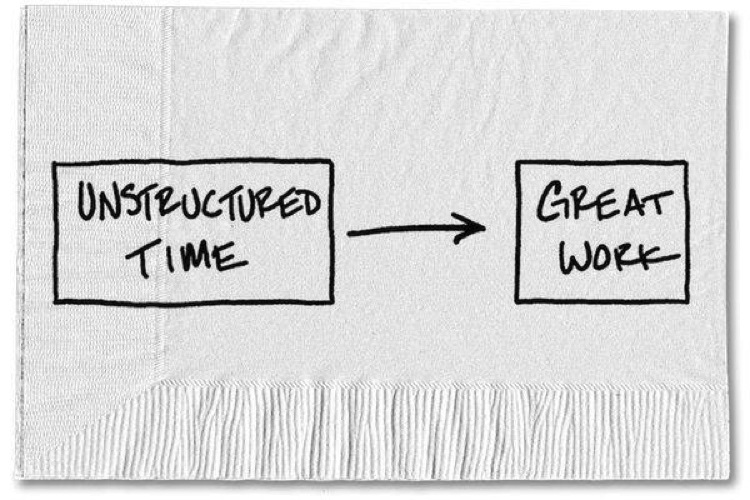
3 Things: How We Think About Money, Hating Email, and Resting Your Brain (plus the cutest dog)
The evolution of how we think about money. Where are you on this journey?
1. Out of the Swamp (Humble Dollar, 2/16/2019)
We can measure our financial progress by the size of our net worth. But that’s hardly the only gauge. Equally important, I’d argue, is the evolution in how we think about money—and how we use it to improve our lives. What does this journey look like? I picture it as having five stages:
- Head above water
- Thinking about tomorrow
- Hitting the accelerator
- Ahead of the game
- Hardly a second thought
Do you hate email? Or is it possible to think of it as your secret weapon?
2. How I’ve Made Email my Secret Weapon (Aaron Klein, 2/1/2019)
Tips include:
- Slow the fire hose
- Kill the notifications
- Upgrade your tools
- Time to triage
Knowledge workers need to rest their brains
3. Busy Is Not a Badge of Honor. Try Doing Nothing for a While (The New York Times, 2/19/2019)
Carl Richards
Knowledge work is much more about the quality of the thinking than the quantity of the output.
Professional runners have to rest their leg muscles. Carpenters have to rest the muscles in their hands. If the primary muscle you use to do your job is your brain, you need to learn how to rest it, too. For the knowledge worker, that means large chunks of unstructured time spent doing nothing.
A bonus as your reward for reading this far
I don't suppose you've seen those two boiled eggs I left sitting on the kitchen sideboard by any chance? pic.twitter.com/dV2YSbZL6R
— Stevie K (@1StevieKilner) February 17, 2019
SAGE Serendipity: Password manager firms were found to have flaws “that expose user credentials in computer memory while locked” according to a report from Independent Security Evaluators (ISE). “100 percent of the products that ISE analyzed failed to provide the security to safeguard a user’s passwords as advertised,” stated ISE CEO Stephen Bono. There are ways to avoid being vulnerable, and use these programs safely. Check out this Forbes article: Password Managers Have A Security Flaw — Here’s How To Avoid It

 Secure Document Sharing
Secure Document Sharing




